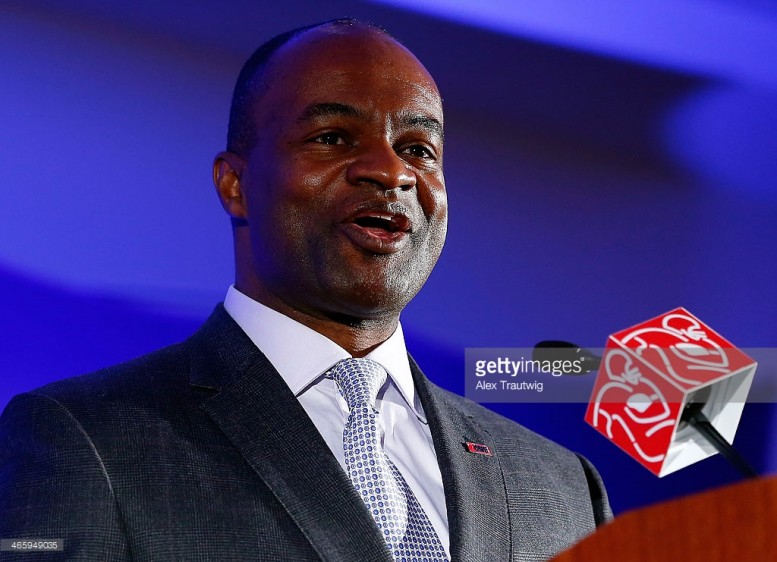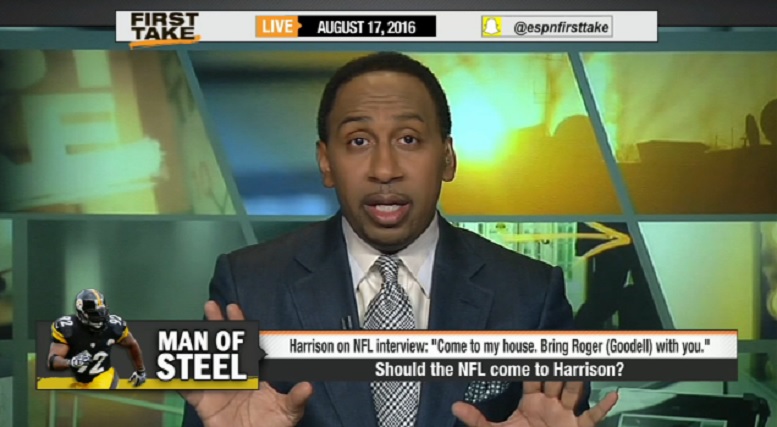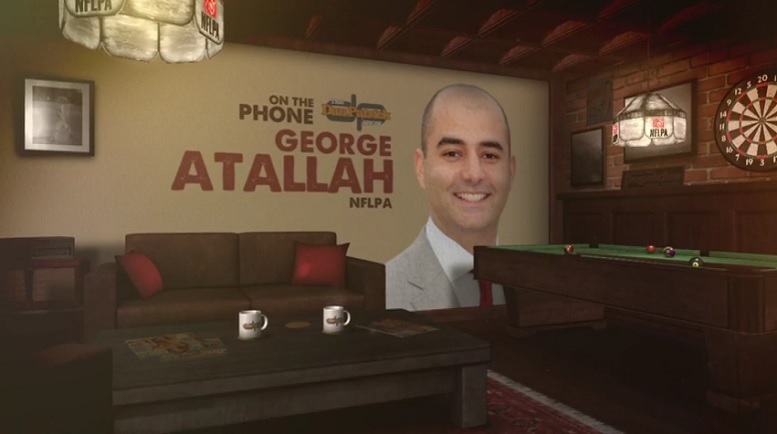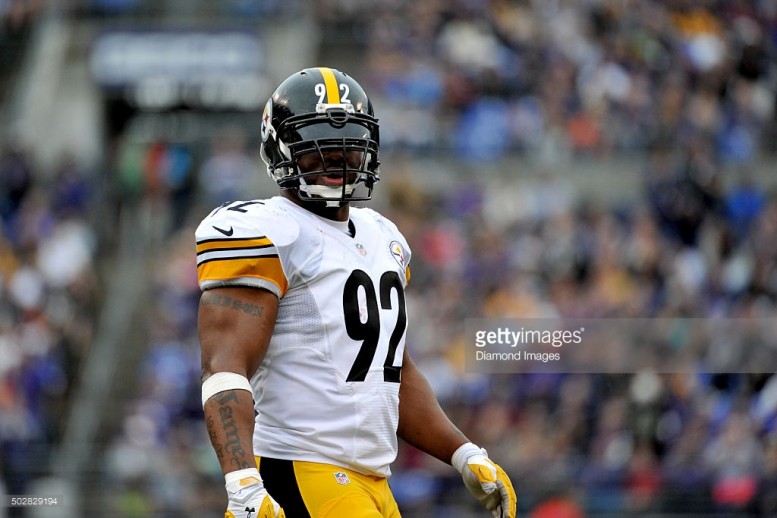I have touched on this topic before when I wrote about a possible revisitation of the practice rules in the current Collective Bargaining Agreement, but in a long-term viewpoint, we’re really not all that far off from the expiration date of the current CBA, which means that the deal will need to be worked out anew in a few years’ time.
Last time, I’m sure you’ll recall, during 2011, the negotiations were pretty contentious, and it resulted in a lockout of the players through much of the summer. This prevented teams from signing undrafted free agents until late in the proceedings, as just one direct side effect of that process.
Part of the last CBA was a stipulation regarding the revenue shares of television revenue, one of the very few areas in which the players ‘won’. The league made concessions that saw the players paid $.55 on the dollar, or 55 percent of the revenue, while, naturally, the NFLPA conceded in other areas.
It was also around the same timeframe that the NFL extended several new highly lucrative television contracts, but at the time, the NFLPA was not involved in the negotiations. Union spokesman George Atallah was recently on Pro Football Talk Live, and suggested that that will be changing the next time around.
“We may reach out to some of the network executives in the coming months”, he said, “to figure out ourselves exactly what they’re planning in terms of the changing landscape of broadcasting”, which is certainly something to take into consideration, as cable, for example, is a far less dominant presence than it was even five years ago, with more and more viewers opting to cut the cord and instead use alternative entertainment via Netflix, for example.
Given the percentage in revenue that they accrue through the deals, it would naturally behoove the union to assure that the best deal possible is reached between the league and the networks, and whatever other outlet might be involved. “What do these deals look like?”, Atallah asked. “What do they contemplate long term with the changing landscape of how consumers are taking up content in sports?”.
“We hope the league office and those that negotiate these deals with treat the players as partners”, he said, getting to the core of the issue. “If we can come to the table with the TV networks unified, my guess is our revenue stream will be more secure”.
Chances are the average fan isn’t going to be all that concerned about how much revenue the players are getting thanks to their watching the games on television. The general opinion is that professional athletes are far too overpaid as it is.
But they are just looking to get the most equitable deal possible for their people, which, in relative terms, is going to be a significant amount of money for the average person. We are, after all, talking about a billions-of-dollars-a-year industry.





